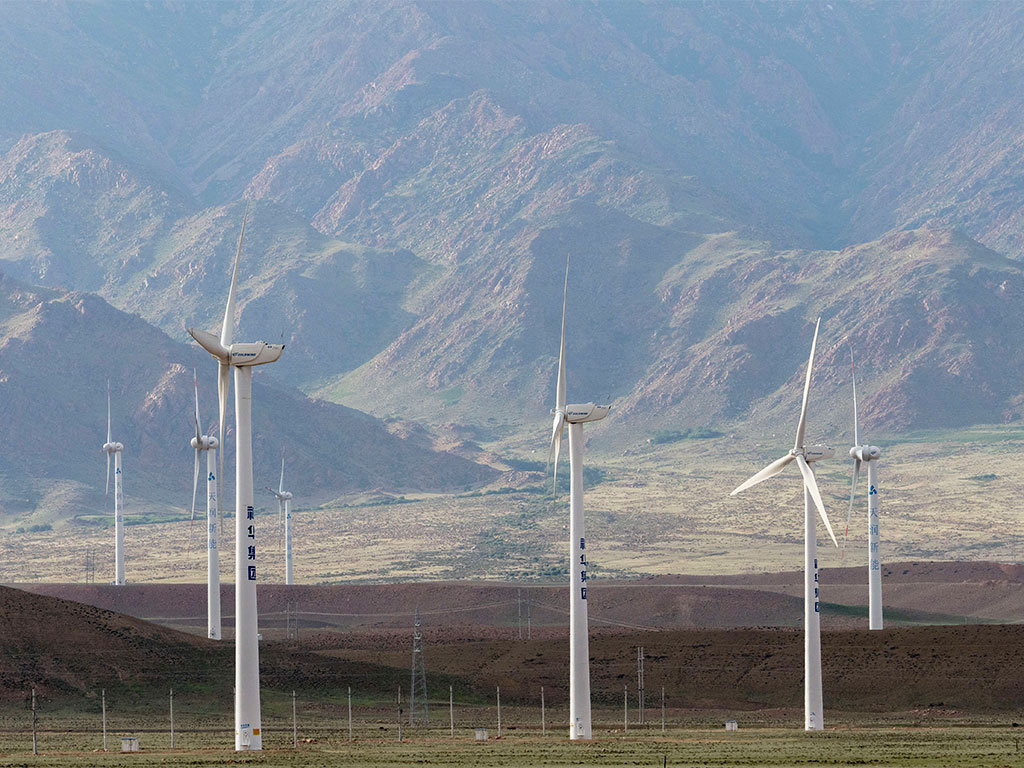Global renewable energy share rises
The amount of energy produced from renewable sources has risen faster than expected, with strong figures across the globe

Renewable energy is rising rapidly worldwide, but the uptake may not be enough to hit climate targets
According to data compiled for the FT by Bloomberg New Energy Finance, the share of electricity in the G20 nations generated by solar and wind power has spiked 70 percent over the last five years. The surge has been led mostly by G7 members, the likes of whom last year agreed to phase out the use of fossil fuels by the end of the century and pursue low carbon alternatives.
All in all, G20 countries derived eight percent of their electricity from solar farms, wind farms and other green power sources – not including hydropower – in 2015, as opposed to a mere 4.6 percent back in 2010. What’s more, seven of the 20 generated more than 10 percent of their electricity form these same sources, compared to just three in 2010.
Germany is far ahead of the rest, with solar and wind making up a 36 percent share of its national energy mix
Energy ministers from the G20 counties laid out their commitments to renewable energy at the inaugural G20 Energy Ministers Meeting in Istanbul last year, and the latest data is proof they are making bold steps to realise these ambitions. Director General of the International Renewable Energy Agency Adnan Amin last year stressed that G20 countries held 75 percent of total global deployment potential and 70 percent of total global investment potential for renewable energy between now and 2030. “With this tremendous market opportunity before them, concerted and coordinated action undertaken by G20 countries to advance renewable energy can really move the needle on global deployment as we transition to a clean energy future.”
Germany is far ahead of the rest, with solar and wind making up a 36 percent share of its national energy mix. The UK, Italy and France, meanwhile, all generated more than 19 percent from these same sources, while Australia and Brazil generated 11 percent and 13 percent respectively.
China remains the world’s number one renewables investor, representing a third of the whole last year, yet fossil fuels make up the overwhelming majority if its energy mix. The same can be said for Saudi Arabia and Russia, where the share of renewables is so slight as to be almost non-existent.
As the pressure to invest in low-carbon alternatives grows fiercer and the cost of renewables continues to climb down, its share of the global energy mix will no doubt continue to rise.













